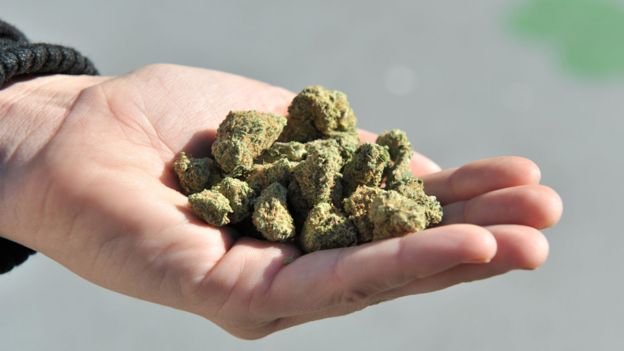Why are so many countries now saying cannabis is OK?
- Dec 13, 2018
- 1 min read
Around the world attitudes towards the use of cannabis are shifting.
Mexico's new government plans to legalise recreational cannabis use, as does the incoming government of Luxembourg. Meanwhile, New Zealand's Prime Minister Jacinda Ardern is considering a referendum on what its approach should be.
As public opinion - and that of governments - changes, it seems increasingly likely that other countries will follow, raising questions about how they work together to manage the use and supply of cannabis.
What has led one country after another to move towards a relaxation of their laws and, in many cases, outright legalisation?
War on drugs
It was only in 2012 that Uruguay announced it would be the first country in the world to legalise recreational cannabis use. In large part, the move was aimed at replacing links between organised crime and the cannabis trade with more accountable state regulation.
Later the same year, voters in Washington State and Colorado became the first in the US to support legalisation of the drug for non-medical use.

Under President Barack Obama, a critic of the US-led war on drugs, the US government stepped back from enforcing federal laws and effectively gave states a green light to explore alternatives...more here >>




Comments